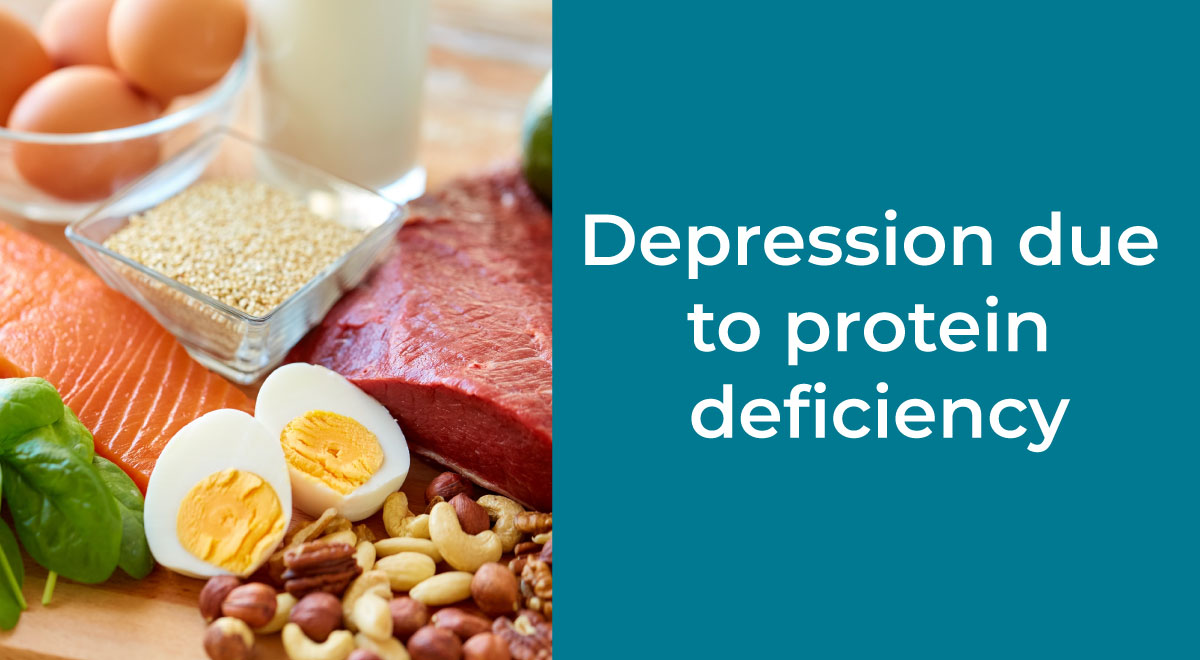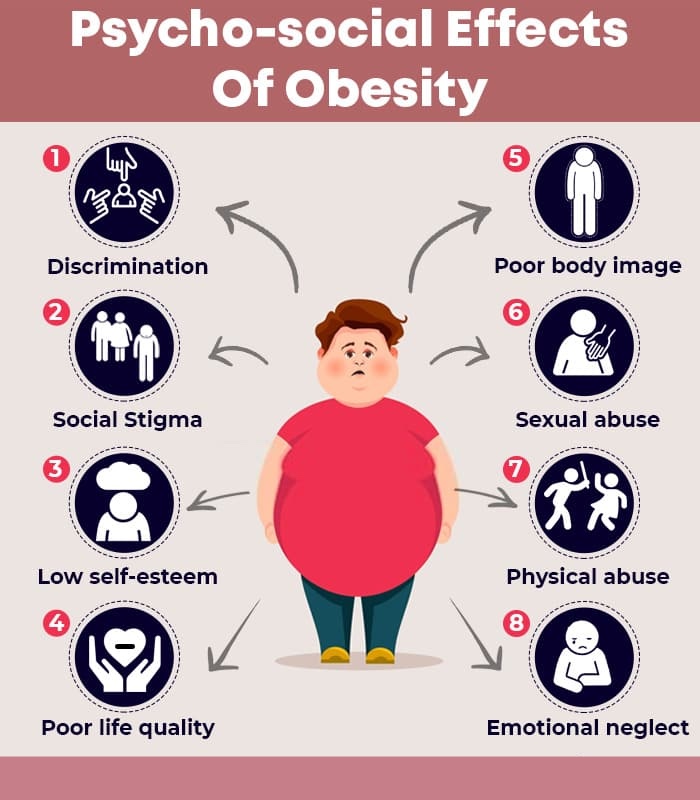It’s bad enough that drug companies are allowed to market prescription drugs directly to consumers via all sorts of media, but now Eli Lilly is taking it a step further still.
The maker of the weight loss drugs Zepbound and Mounjaro has launched a telehealth platform to connect patients with prescribers, thereby making it easier for patients to get the drugs they (think they) want and free up time for overburdened doctors.
The platform, LillyDirect, launched the first week of January 2024. As reported by The New York Times,1 LillyDirect “connects people with an independent telehealth company that prescribes obesity medications, as well as third-party services that can fill prescriptions and send them directly to a patient’s home.”
Patients Are Placed at Increasing Risk
Some doctors and health care experts rightfully worry that allowing patients to obtain drugs directly from the drugmaker will make it easier than ever for drug companies to target patients without regard for whether their drug may be the right one given the patient’s health history.
Needless to say, patients who go through LillyDirect also will never hear about the foundational lifestyle changes that might allow them to lose weight without drugs. In my view, this new development is nothing short of criminal fraud.
Drug ads are already featured in electronic health record (EHR) systems and patient portals, and studies have shown that such ads drive up costs and result in poor prescribing decisions that put patients at risk of adverse health outcomes.2 How will targeting patients to use LillyDirect possibly be any better?
A report by CMI Media Group3 also reveals the power EHR-based ads have to massively increase prescriptions for a given drug. Using its recommended EHR messaging strategy, CMI was able to increase prescriptions of a drug by 388%, while prescriptions for its competitor dropped by 36%.
Undoubtedly, platforms like LillyDirect will widen that gap even further, forcing other companies to launch their own direct-to-consumer platforms and fight for patients’ attention using ever more invasive and privacy-robbing means.
Commenting on Eli Lilly’s latest scheme, Dr. Adriane Fugh-Berman, professor of pharmacology and physiology at Georgetown University Medical Center, told The New York Times,4 “This isn’t medicine. Medicine shouldn’t be a consumer good, and treatments shouldn’t be commodities.”
Weight Loss Drugs Can Be Problematic
Telehealth has its place, but when it comes to weight loss drugs, in-person evaluations are important and shouldn’t be skipped. As noted by Dr. Melanie Jay, director of the N.Y.U. Langone Comprehensive Program on Obesity:5
“You get a much better sense of their functional status. How well are they walking? Are they grimacing in pain when they move? There’s a lot of things you can get by being able to look at a patient …”
Many drugs that offer radical weight loss also come with a slew of potential side effects that need to be carefully monitored. How are you going to get that from a telehealth clinic? Moreover, you’re never going to be able to stabilize your weight using drugs alone.
Ozempic and Wegovy, for example, two weight loss drugs that are all the rage despite costing well over $1,000 per month, must be taken for life. Once you stop, the extra weight comes back, as evidenced both by patient testimonies6 and clinical research.7 Tirzepatide, the main ingredient in Eli Lilly’s Mounjaro and Zepbound, also causes weight rebound when stopped, recent research8 shows.
The problem with lifelong use of these drugs is that their side effects can be life threatening. As reported by CNN in December 2023:9
“A new study suggests people taking popular injected medications for weight loss, including Wegovy, Ozempic, Saxenda and Victoza, may be at higher risk for serious digestive problems such as stomach paralysis, pancreatitis, and bowel obstructions, compared with those taking other types of weight loss medications …
The study authors also note that these problems are not mild. Bowel obstructions, for example, can be medical emergencies. Previous CNN reporting10 highlighted cases of stomach paralysis in people who had taken these drugs and the lack of warning about that specific side effect to patients.
The prescribing information for Wegovy and Saxenda does caution about a host of serious side effects including inflammation of the pancreas, gallbladder problems, blocked intestines, kidney problems, serious allergic reactions, increased heart rate, suicidal thoughts, and changes in vision or people who also have diabetes. A warning about ileus, or blocked intestines, was also just added to Ozempic’s warning label.
The labels also note the most common side effects are nausea, vomiting and constipation. They also strongly warn people with a history of certain types of hereditary thyroid cancers against taking the medications.”
How Ozempic and Wegovy Work
The active ingredient in Ozempic and Wegovy is semaglutide, a glucagon-like peptide 1 (GLP-1) receptor agonist (meaning, it boosts GLP-1). GLP-1 agonist drugs radically slow the passage of food through your stomach, thereby making you feel fuller longer. However, if food passage slows too much, you’re in trouble.
Gastroparesis (stomach paralysis) is one potential effect, and in some patients this paralysis remains even after quitting the drug. Others have been diagnosed with “cyclic vomiting syndrome.” In other words, they involuntarily vomit multiple times a day.11
Research looking at another GLP-1 agonist called liraglutide found that it slowed digestion to a crawl. In patients who took liraglutide, it took an average of 70 minutes for half the food they’d eaten to exit their stomachs, compared to just four minutes among unmedicated controls.
In some, it took more than two and a half hours for half of their food to be digested. The greater the delay in food leaving the stomach, the greater the weight loss, but at what cost?
A Living Hell
Here’s the story of one patient who says Ozempic made her life a living hell:12
“Joanie Knight remembers exactly what she ate on her birthday in 2021. She ordered chicken fajitas … She ate three skinny French fries and two or three pieces of chicken and then felt panic set in when she couldn’t swallow the food.
‘It felt like it was stuck in my throat,’ said Knight, who had been taking Ozempic for two years at that point and was already eating very little every day as a result. Her birthday dinner triggered a bout of violent vomiting.
‘I thought, ‘I hadn’t eaten. How am I throwing up this much?’’ she said. She went to see a gastroenterologist … They put a tube with a camera down her throat and into her stomach to see what the issue might be. ‘They said, ‘your stomach is full of food,’’ she said.
Normally, less than 10% of the food will be left in the stomach four hours after a meal. When that climbs to between 10% and 15%, it’s considered mild gastroparesis. Moderate gastroparesis is when 15% to 35% of food is left. Severe gastroparesis is anything over 35% after four hours.
A gastric emptying study — a test that measures how food moves through the stomach — put Knight in the severe category. She said she stayed nauseated all the time, no matter how little she ate, and took a prescription anti-nausea medication ‘like it was candy.’”
To read the entire article please visit Dr Mercola on Substack:
https://takecontrol.substack.com/











